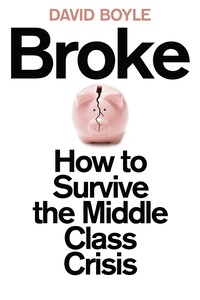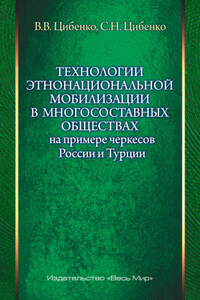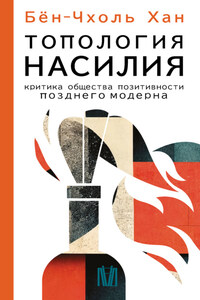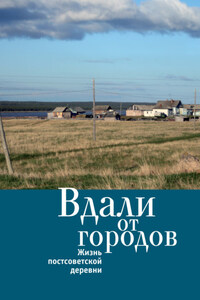Fourth Estate
An imprint of HarperCollinsPublishers Ltd.
1 London Bridge Street
London SE1 9GF
www.harpercollins.co.uk
First published in Great Britain by Fourth Estate 2013
Copyright © David Boyle 2013, 2014
David Boyle asserts the moral right to be identified as the author of this work.
A catalogue record for this book is available from the British Library.
Cover image © Shutterstock
All rights reserved under International and Pan-American Copyright Conventions. By payment of the required fees, you have been granted the non-exclusive, non-transferable right to access and read the text of this ebook on-screen. No part of this text may be reproduced, transmitted, down-loaded, decompiled, reverse engineered, or stored in or introduced into any information storage and retrieval system, in any form or by any means, whether electronic or mechanical, now known or hereinafter invented, without the express written permission of HarperCollins ebooks
HarperCollinsPublishers has made every reasonable effort to ensure that any picture content and written content in this ebook has been included or removed in accordance with the contractual and technological constraints in operation at the time of publication
Source ISBN: 9780007491056
Ebook Edition © April 2013 ISBN: 9780007491049
Version: 2017-10-31
‘By the people, I mean the middle classes, the wealth and intelligence of the country, the glory of the British name.’
Henry, Lord Brougham, 1831
I was born in a corner of central London that wraps itself around a great grey-green greasy stretch of water called the Regent’s Canal. It was and is known as Little Venice.
As anyone familiar with Little Venice will know, this defines me inescapably as middle-class. Not just slightly middle-class, but staggeringly, swelteringly, stratospherically middle-class, as middle as you can get. And not just by the broad American definition (average income) either, but by the specific British definitions which are harder to pin down, but which seem to be about attitudes and upbringing, culture and prejudices.
But there are many kinds of middle class, even in the UK, and I hope this book will strike a chord with all of them. From the first-generation middle classes who followed the entrepreneurial path set out by Margaret Thatcher right through to the crustiest scion of the landed gentry. From the brand-new estate outside Bishop’s Stortford to the tumbledown off-grid eco-cottage outside Totnes. I mention Little Venice because anyone reading this book deserves to know about the niche in the class system I am writing from, but I am only too aware that there is more than one way of being middle-class.
In my case, I am also middle-class because my parents are. Both my grandfathers were in the services, one rising to be a colonel in the army and the other to be a captain in the navy. Their service pensions and various modest pots of inherited money and property gave them relatively comfortable retirements. I owe my grandparents a great deal for their resources of love and care, but also perhaps for placing me so unambiguously in such a recognizable spot in the class system.
Neither set of grandparents approved very much when my newly married parents moved into a run-down rented flat in Little Venice, which was not in those days quite what it has become. The canal stank of drowned cats, and was divided from the road by a tall brick wall, like a scene from Love on the Dole. All those coloured barges sheltering artists and musicians (and later Richard Branson) were still a decade away.
The flat was in the least respectable half of Randolph Avenue, bending down towards the canal, with peeling white stucco columns and flaking black front doors which looked like the portals of some medieval fortress. But the family disapproval also touched the street’s reputation. Only ten years before, this end of the thoroughfare had sported the name ‘Portland Road’, which had been such a notorious red-light district that the council decided to change it.
Downstairs from our flat was a fearsome Alf Garnett figure, string-vested and with a fluent and foul-mouthed command of the language, who would hammer on the ceiling at the slightest provocation. My uncle had a heavier tread than most (submariners tend to be larger than the rest of us), and he could set off the hammering and oaths just by walking across the room.














